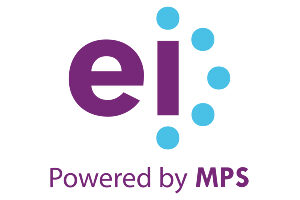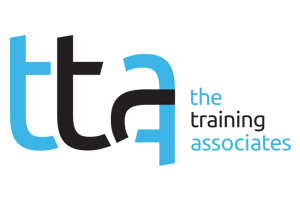Do you dislike or fear having to make a presentation? You are not alone. Many business people find that making a presentation is an uncomfortable and unnatural experience– one they try to avoid or, when forced to present, merely survive.
In March 2014, international marketing research firm YouGov asked, “What are you afraid of?” to over 2,000 British adults. Like so many other surveys that asked this question in the past, public speaking once again ranked as one of the top three fears. But an anonymous post in the comment section provided a contemporary insight as to why this is an issue in 2015:
“Interesting part on public speaking could be down to modern technology and Facebook or just a general lack of experience. I am only 25 and I can feel within myself the desire to speak publicly and get the right message across, yet when the time comes a psychological switch engages and everything goes to dog poop!”
Do you downplay the need to be able to present?
Big mistake. Every opportunity to deliver a business presentation is an unmatched career enhancement opportunity. You, your ideas and credibility are center stage.
When asked if presentation skills are important, senior executives will oftentimes share at least one personal story about a seminal presentation early in their career, viewed by the right people at the right time, which accelerated their career success.
Another common rationalization for minimizing the need to build presentation competency centers on the growing dispersal and mobility of the workforce. Individuals who work from home or from a remote office do most of their communication through virtual collaboration tools and social media. That being said, people should really be thinking, “The opportunities to present face-to-face are becoming rare and therefore higher stakes and more valuable to my career growth.” This workforce trend makes a strong argument for building virtual presentation capability, a skill set that relatively few excel.
Great presenters are often perceived as “rock stars.”
Business people who find the resolve to move out of their comfort zone and invest the time and energy required to become an engaging presenter, stand out from the corporate crowd. They are often identified as high-potential employees in their organization. As a result, their careers and self-confidence get the kind of lift that some people never experience.
A prominent Fortune 50 executive shared something that is true in most organizations, “Almost no one becomes an executive position in our company without being an excellent presenter.”
There’s a good chance you’ll find the same to be true in your organization. People in the business world are naturally drawn to talented presenters, making this an essential leadership trait. These are the people in business that get heard above all the deafening communication noise that saturates our professional and personal lives.
Social media, which barely existed ten years ago, is now omnipresent and adds exponentially to the din of communications already competing for attention and mindshare. The benefit of consistently being heard above this collective cacophony is incalculable to both the individual and to the productivity the organization.
Building powerful presentation skills transforms people.
Becoming a skilled presenter takes dedicated commitment. This is not a competency that can be mastered solely by reading books or watching videos. Consistent competency requires the learner to engage in a hands-on, learn by doing methodology that addresses both the message and the messenger. Self-awareness and shifts in behavior is also required and can be best achieved through expert coaching feedback augmented by recorded video playback.
But when an individual starts doing the work, it’s astonishing how quickly their efforts can have an immediate impact on the results they produce. Many are also surprised that the results extend beyond the ability to deliver highly effective business presentations.
Successful learners emerge from their journey transformed. They typically have a new self-confidence that follows them everywhere they go. They quickly start to be perceived differently by the people they work with, benefiting their current role, as well as boosting their promotability quotient.
Do presentation skills really matter?
As the success or failure of a business often boils down to being credibly heard in a variety of high stakes situations, building a first-rate presentation capability is a very smart professional development investment.






